Nick Szabo, the pioneer of Bitcoin (BTC) with the creation of the decentralized digital forex Bit Gold, returned to the subject of the authorized and “ethical” dangers posed by embedding arbitrary content material in Bitcoin blocks.
In a current publication on October 22, Szabo, who can be a lawyer graduated from the College of Washington legislation faculty, assured that the impossibility of selectively deleting content material on blockchains causes extra issues.“We’ve to function knowledge providers the place unacceptable content material might be selectively eliminated.”
Arbitrary content material on blockchains makes their operation a lot riskier, each legally and morally, than if they’re restricted to monetary transactions. Working a node, the place unacceptable content material can’t be selectively eliminated with out inflicting broader practical disruption, can be a lot riskier than working knowledge providers the place unacceptable content material might be selectively eliminated with out inflicting broader practical disruption.
Nick Szabo, creador de Bit Gold.
For Nick Szabo, there’s all kinds of ethical and authorized classes of arbitrary content material, every certainly one of which receives a special authorized and ethical remedy by legislation enforcement.
Youngster sexual abuse materials/communication for sexual functions (CSAM/CP), different forms of obscenity, copyrighted materials, censored political content material, commerce secrets and techniques, categorized materials and plenty of different comparable classes are handled extraordinarily in a different way by morality and the legislation. What’s extra, every of the tons of of jurisdictions the place a blockchain operates has its personal vast variations. Some authorized prohibitions, corresponding to these affecting CSAM/CP, are broadly in style and require rigorous enforcement.
Nick Szabo, creador de Bit Gold.
By CSAM/CP, the cryptographer is referring to baby sexual abuse content material. Being a decentralized community and permitting non-monetary makes use of (corresponding to embedding knowledge within the type of plain textual content, pictures or movies), Bitcoin, like different techniques peer-to-peer (P2P), you might be a sufferer of careless or malicious actors that embrace legally unacceptable knowledge by means of arbitrary content material in transactions.
Bit Gold Creator Continues Debate Over Arbitrary Knowledge in Bitcoin
Concern about any such content material embedded in Bitcoin blocks, by means of the OP_RETURN discipline or by different strategies just isn’t new, nevertheless it resurfaced lately in a debate between the Bitcoin Core developer neighborhood and Bitcoin Knots.
Luke Dashjr, one of many longest contributors to the event of Bitcoin, is the promoter of this narrative in accordance with which just about the whole lot Non-monetary use of Bitcoin is harmfulas reported by CriptoNoticias. To defend towards this, the developer emphasizes the necessity to use filters «anti-spam» on Knots, the second largest node shopper in Bitcoin.
For Szabo, a authorities’s response to 1 kind of unlawful content material “is an especially poor predictor of its response to a different kind of content material. “The response of 1 authorities to 1 kind of content material is often a poor predictor of the response of one other authorities to the identical content material,” he feedback.
Subsequently, the extra forms of arbitrary content material there are in Bitcoin, the legislation would have extra offensive vectors towards the decentralized communityis deduced from what the tutorial stated.
The creator of Bit Gold, who some speculate is Satoshi Nakamoto, concludes his submit on










